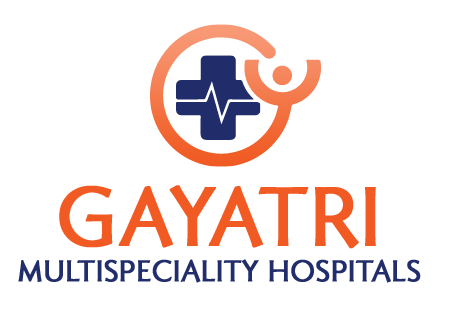A pleural effusion is an unusual amount of fluid around the lung. Numerous ailments can prompt it, so even though your pleural effusion might need to be drained, your pleural effusion doctor in Ongole probably will focus on the therapy for whatever caused it.
Symptoms
You probably won't have any. You're bound to have indications when a pleural effusion is moderate or large-sized, or then again in case there is also inflammation.
If you do have indications, they might include:
- Shortness of breath
- Chest pain, particularly when breathing in deeply
- Fever
- Cough
Treatment
Your pulmonology doctor in Ongole might have to treat just the ailment that caused the pleural effusion at the pulmonology hospital. You would get antibiotics for pneumonia, for example, or diuretics for congestive heart failure.
Large, infected, or inflamed pleural effusions regularly need to get drained to assist you to feel better and prevent more issues.
Procedures for treating pleural effusions include:
Thoracentesis
On the off chance that the lung specialist in Ongole might take more fluid than they need for testing, just to facilitate your manifestations.
Tube thoracostomy (chest tube):
Your doctor cuts through your chest wall and places a plastic tube into your pleural space for quite a long time.
Pleural drain
If your pleural effusions continue to return, your primary care physician might place a long-term catheter through your skin into the pleural space.
Pleurodesis
Your PCP infuses a disturbing substance (like powder or doxycycline) through a chest tube into the pleural space.
Pleural decortications
Specialists can work inside the pleural space, eliminating risky irritation and unhealthy issue.
